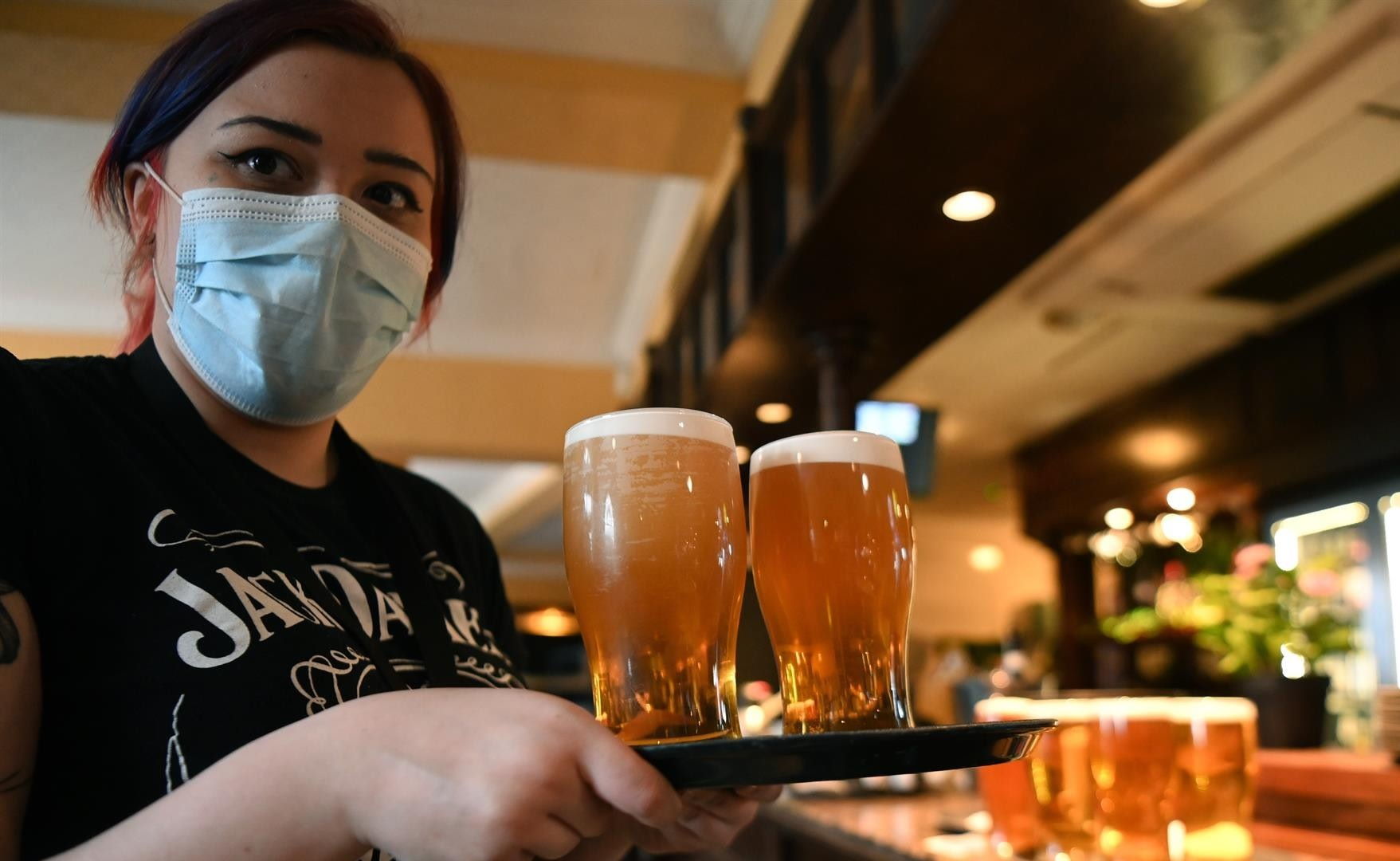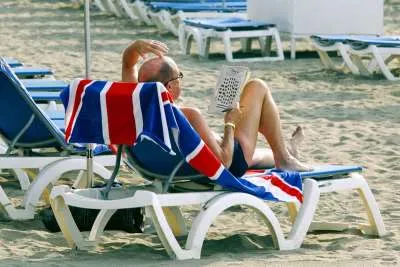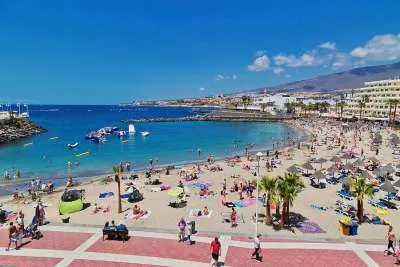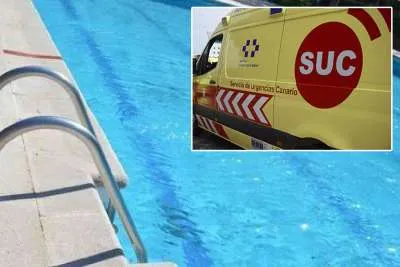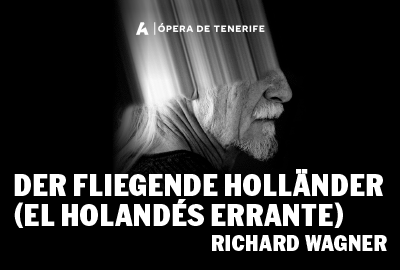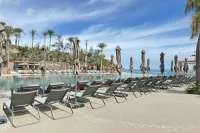The TSJC justifies the opening of interiors of the hospitality industry in Tenerife
- 07-07-2021
- Tenerife
- Canarian Weekly
The Higher Court of Justice of the Canary Islands has justified the very precautionary measure to authorize the activity inside bars and restaurants in Tenerife, considering that the degree of incidence of Covid does not respond to the reality of a generalized closure of the entire Island. They issued an order on this matter this afternoon (Wednesday), after receiving the response from the Canary Islands Government to the very precautionary measures adopted last week when it rejected their agreement to limit the restaurant and hospitality activity in Tenerife in Level 3.
The changes were agreed on June 28th in response to an appeal presented by the Federation of Urban Areas of the Canary Islands (Fauca) to the resolution of the Regional Executive of the 23rd of the same month, which established the closure of activity in the interior of hospitality premises and the reduction of the capacity in terraces to 50%, in addition to setting the maximum number of diners in groups at 4.
Now the TSJC has issued a resolution, against which the Government can appeal against within five days, in which it indicates that "despite the dialectical efforts of the legal service of the Government of the Canary Islands and of the evidence provided, the reports are in no way determinative or demonstrative of the rationality of the measures in relation to the hospitality industry.”
The Chamber, affirms it does not want to be insensitive to the health and preventive work of the Canary Islands Government, but this sensitivity must be administered "in an equitable manner and focus on the places where contagion can actually be a problem”.
The TSJC also questions whether the increase from an average of infections from 93 to 124 cases per week per 100,000 inhabitants in Tenerife (at the time) is "reasonable justification" for closing the entire interior of the hospitality industry, which would be acceptable if there were a categorical finding that this increase occurs inside bars and restaurants.
But "it turns out that this is not what the health report says," warns the court, recalling that the document also states that young people are the group with the greatest capacity to spread the virus due to their greater mobility and relaxation in the workplace, use of masks and interpersonal distance in their leisure activities, especially those carried out indoors.
And the TSJC asks again: "Why only bars, cafes or restaurants? Because there are also interiors on the metro and buses, in gyms and casinos, cinemas and shows, shopping centres, health centres, banks, department stores, academies and many more industries, whose use is not paralyzed.”
As for the argument of the Government that economic damages will always be compensable by the administration, the court responds: "Can this be said so lightly?" Regardless of the lack of consideration for the public treasury "in which we are all participants, it is enough to walk around the island of Tenerife to realize the number of catering businesses that cannot survive with two or three tables on a terrace”, says the Court.
In their opinion, it is not a scientific test "but a public and well-known fact for anyone who wants to walk around our beautiful island and observe the number of places previously open and now closed, due to unsustainable conditions of the current situation.”
Other articles that may interest you...
Trending
Most Read Articles
Featured Videos
A Vision of Elvis Tenerife Promo
- 10-05-2025
Tenerife Travel Guide
- 13-12-2024
Live webcam from Lanzarote airport
- 13-12-2024


